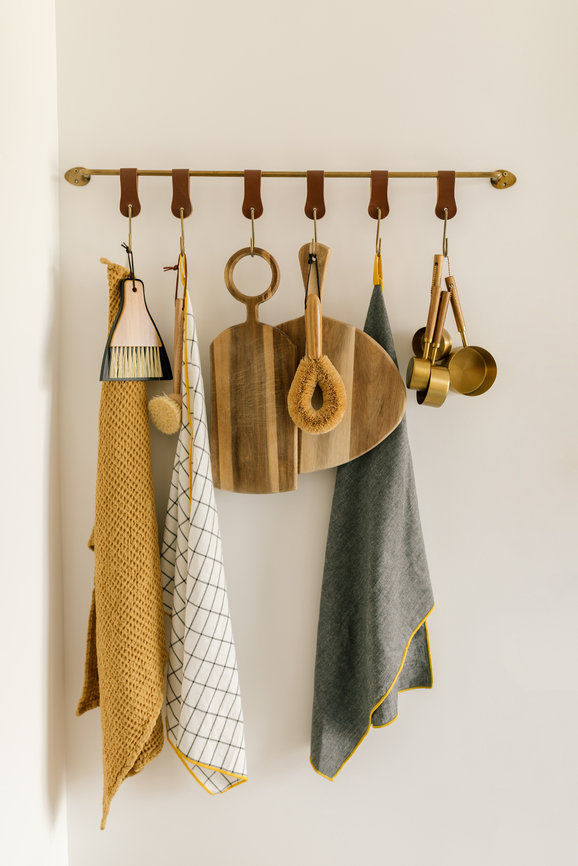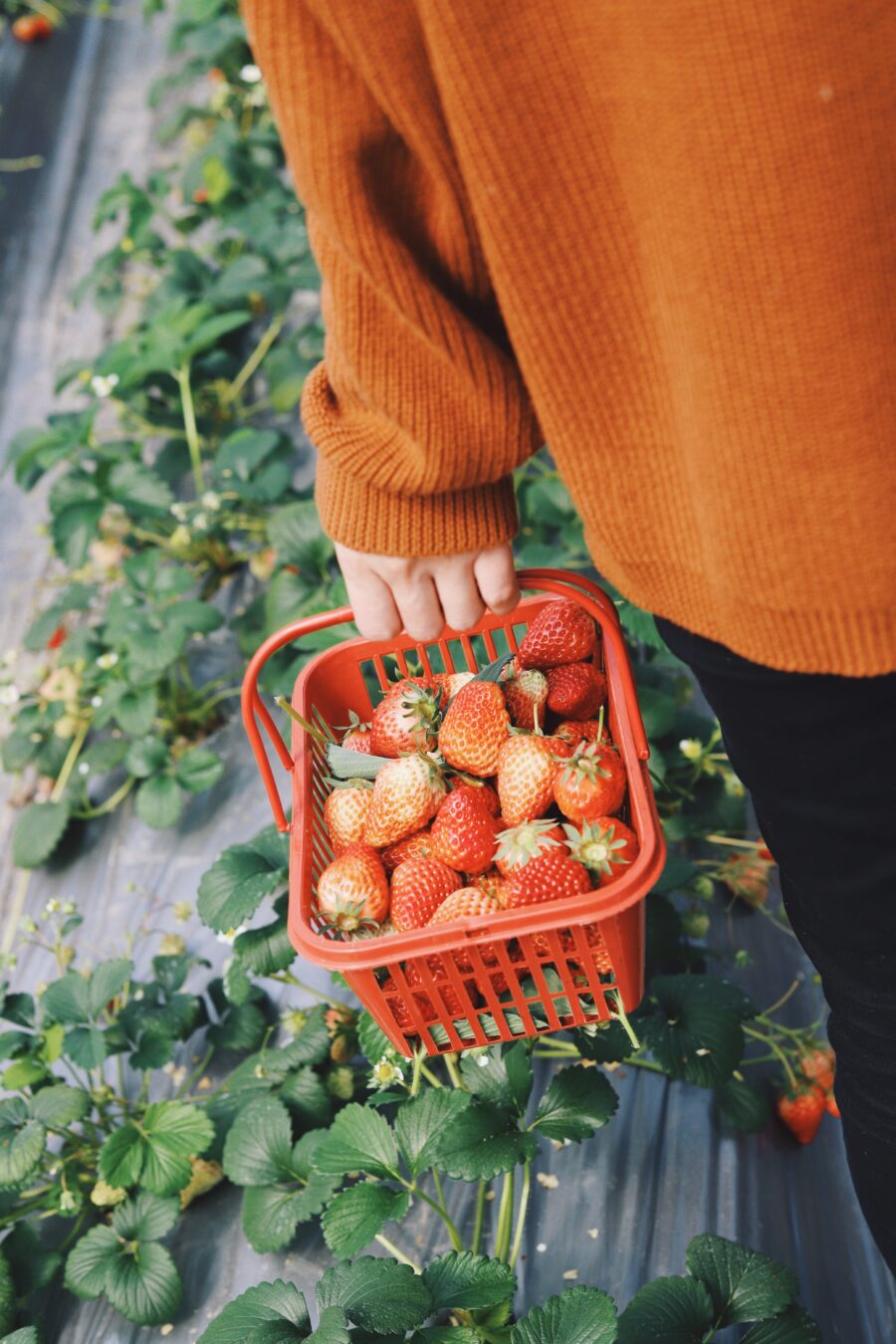
5 Health Benefits From Gardening
Want to up your vitamin D intake, make more friends in your community, and increase your hand strength all in one go? It turns out that gardening can check all these boxes and more. Add reducing blood pressure and lowering your carbon footprint to the list, too.
Gardening does so much more than make your yard look nice (although that’s a decent benefit!). Maybe you need help gardening for the first time, or maybe you’ve been gardening for years and are gearing up for another successful season—below you’ll find five of the top benefits for gardening, along with some tips from Arber, the world’s first plant wellness company offering tools, products, and education that any gardener needs to nurture their plants.
Gardening has almost unlimited positives, benefitting your mental health, physical health, and even the climate.
“Gardening has countless benefits for yourself, for Mother Nature, and for all living animals,” says Vanessa Dawson, Founder & CEO of Arber, including benefits to your mental health, physical health, and even the climate. But it can be a daunting task for someone who’s never planted before, even if you know all the perks of getting your hands dirty. Dawson recommends starting small. “All gardeners, no matter their experience level, kill plants and make mistakes,” she says. Take it slow, and plant just a couple of new plants at a time rather than jumping into a full garden right away.
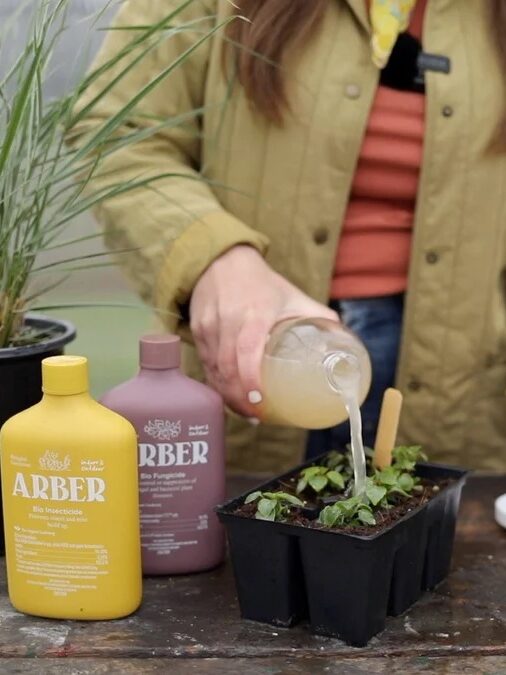
“Start by discovering your ‘hardiness zone’ to help choose the best plants and understand your growing season based on your region,” says Dawson. And when possible, try and plant species that are native to your area to not only give your plants the best chance of survival but to also give local pollinators like bees and birds the foods that they evolved to eat.
Dawson also notes that a garden is only as good as its soil. To help your garden thrive, “invest in soil and amendments that are nutrient-rich, well-drained, and achieve optimal soil condition.” Arber carries plenty of plant-loving products like organic insecticide and organic plant food to keep your garden healthy, perfect for gardeners who have a bit of experience under their belt.
You don’t necessarily need a yard to garden, either. In fact, gardening is particularly beneficial for those who live in urban areas according to Dawson. If you live in a yardless apartment building, for example, look into community gardens in your area, or consider putting a raised bed on the fire escape for your own mini garden. “You’d be surprised at how much you can grow in a raised bed that’s only a few feet wide,” she says.
Arber emphasizes the importance of patience, too. “Plants take their own sweet time to bloom, to produce fruit, to become mature,” Dawson explains. And when you’re waiting for the fruits of your labor (literally) to appear, you can reap all the benefits of gardening for the health of your community, your environment, and yourself. Here are five of the biggest health benefits of gardening.
1. Gardening improves your physical health.
Physically, gardening is an excellent workout. “Digging, raking, planting, weeding, and watering … can all help strengthen muscles, improve flexibility, and burn calories,” says Dawson. Gardening is considered moderate physical activity, so just 30 minutes of gardening each day will fulfill your daily exercise requirements for a healthy body.
Because of its physical nature, stress-relieving benefits, and sunlight exposure, gardening can help you lower your blood pressure. Along with helping your heart health, sunlight exposure ups your vitamin D intake, especially in the summer months—just be sure to protect yourself from burns with SPF!
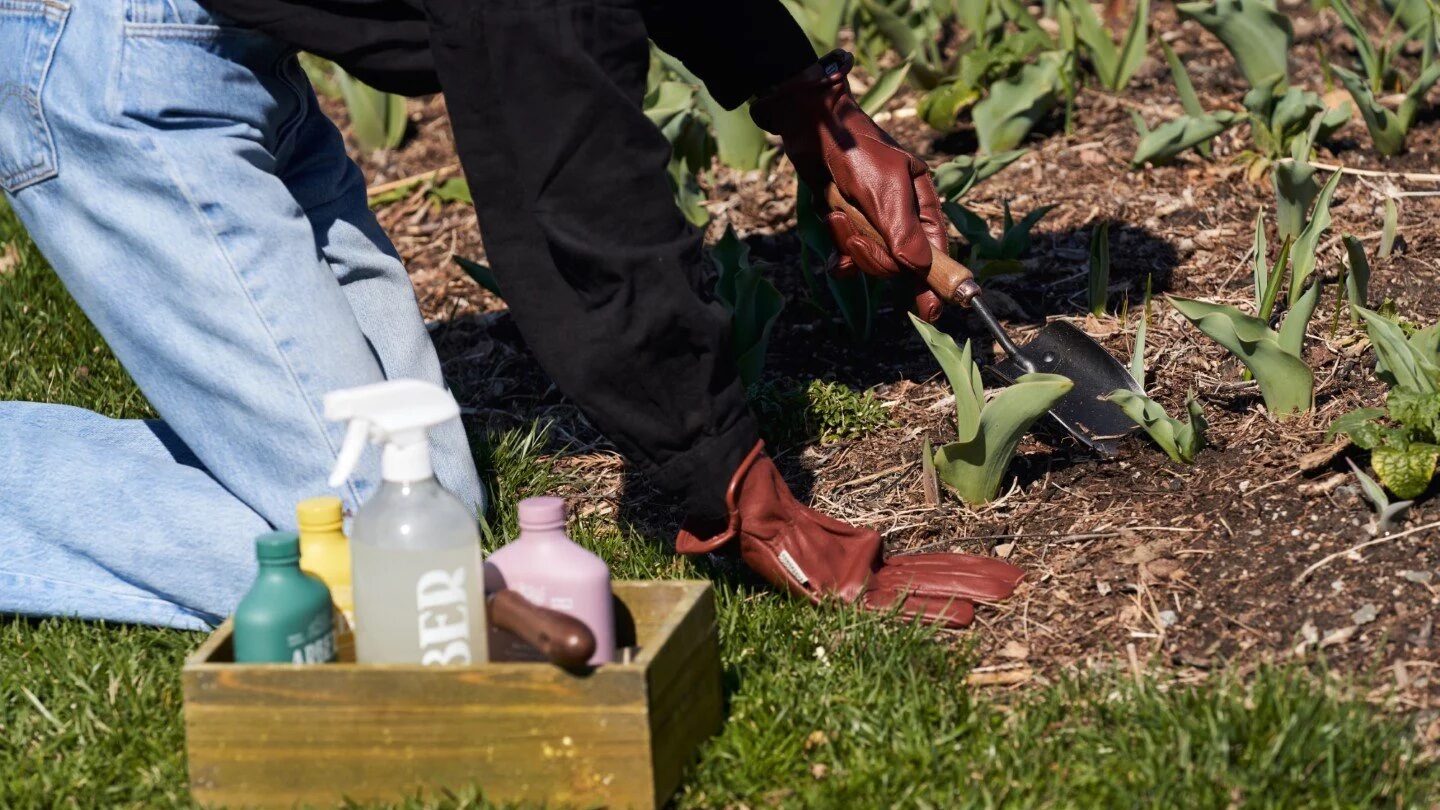
2. Gardening improves your mental health.
We’ve long known about the mental health upsides of spending time in nature—it reduces stress and sharpens cognition, among other benefits. But when we nurture nature back, we engage in a positive feedback loop with our own backyards. “Gardening allows individuals to connect with the natural world, which can promote mindfulness and a sense of purpose,” explains Dawson.
When we nurture nature back, we engage in a positive feedback loop with our own backyards.
Gardening is a great way to get away from screens, engage with nature, and produce something meaningful while you’re at it. Inhaling a type of bacteria that lives in the dirt called Mycobacterium vaccae has even been shown to increase serotonin in the brain, acting like Prozac.
3. Gardening helps you eat healthier.
This is one of the more obvious benefits—growing your own fruits and vegetables can help you improve your diet. Having five servings of fruits and veggies a day can increase your lifespan and lower your risk of certain diseases according to this Harvard study, which also has a handy table for produce serving sizes.
Growing your own food helps you get into the habit of hitting those produce recommendations, and the American Society for Horticultural Science says that gardening can help children eat more vegetables, too. And when you grow your own food, you can eat pesticide-free without making a trip to the organic section of the grocery store.
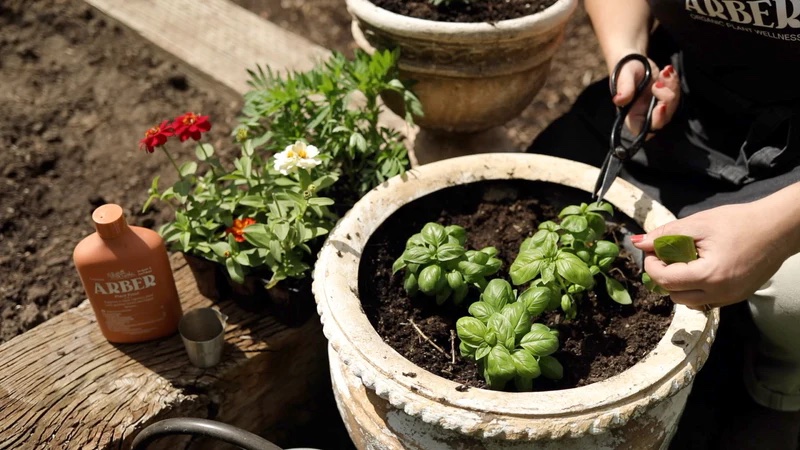
4. Gardening helps you live a more sustainable lifestyle.
Live more in line with your values by growing food at home.
Live more in line with your values by growing food at home. Less shopping for produce at the grocery store reduces the need for industrial agriculture, plus it cuts down on the packaging and transportation fuel that goes along with our industrialized food systems, explains Dawson. “Gardening also encourages the use of organic and compostable materials, which can help reduce waste and promote healthier soil,” she says.
Compost your own food scraps at home to reduce your waste footprint, or support your local composting companies by grabbing some soil from them. Plus, the plants you’ve grown will help suck carbon and pollutants from the air, and flowering plants provide vital food for pollinators like bees, butterflies, and birds.
5. Gardening fosters a sense of community.
Gardening provides tons of opportunities for social connection. Maybe you join a local community garden if you don’t have a backyard or you want to get to know your neighbors. Even if you do have your own garden, you can get the whole family involved with weeding, pruning, raking, or planting. When you have a good harvest, it’s a great chance to share your abundance with neighbors and friends. And when you’re gardening, you’re never really alone—you’re surrounded by thousands of living organisms, playing a part in the vast web of your ecosystem.
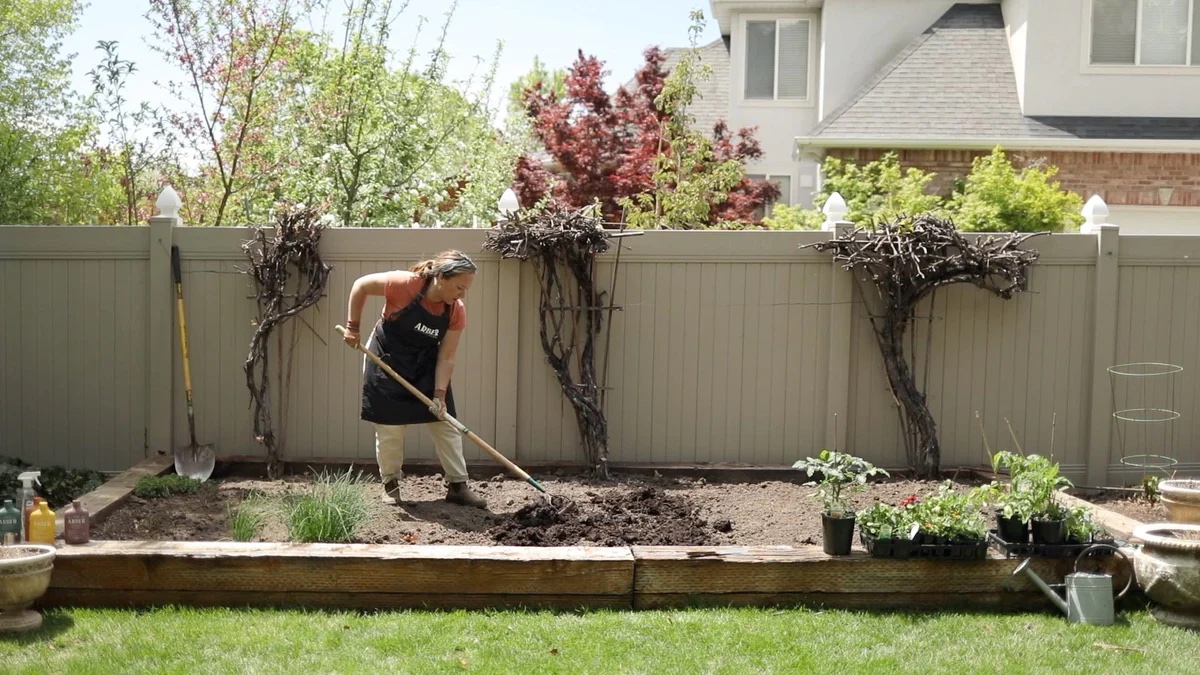
Photos by Arber
Natalie Gale is a Boston-based freelance journalist. When she’s not writing about art, food, or sustainability, you can find her biking to the farmers’ market, baking, sewing, or planning her next Halloween costume. Say hi on Instagram!

